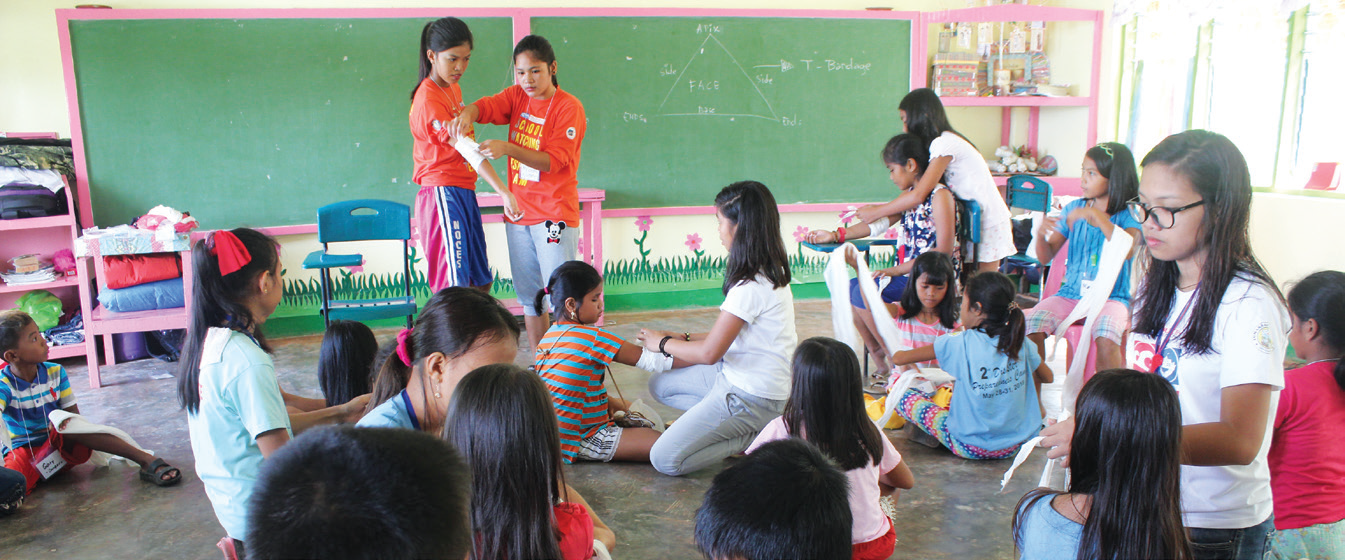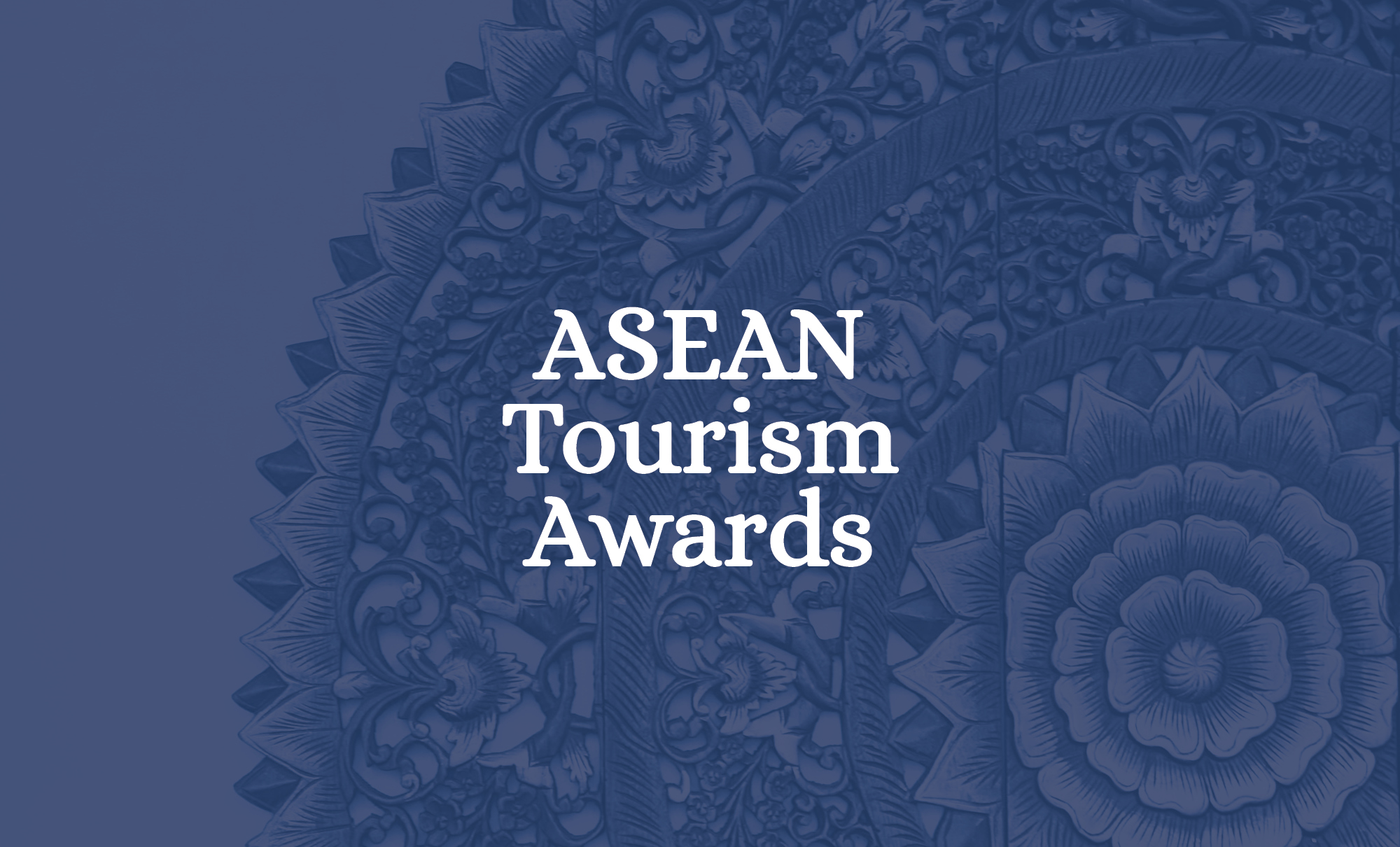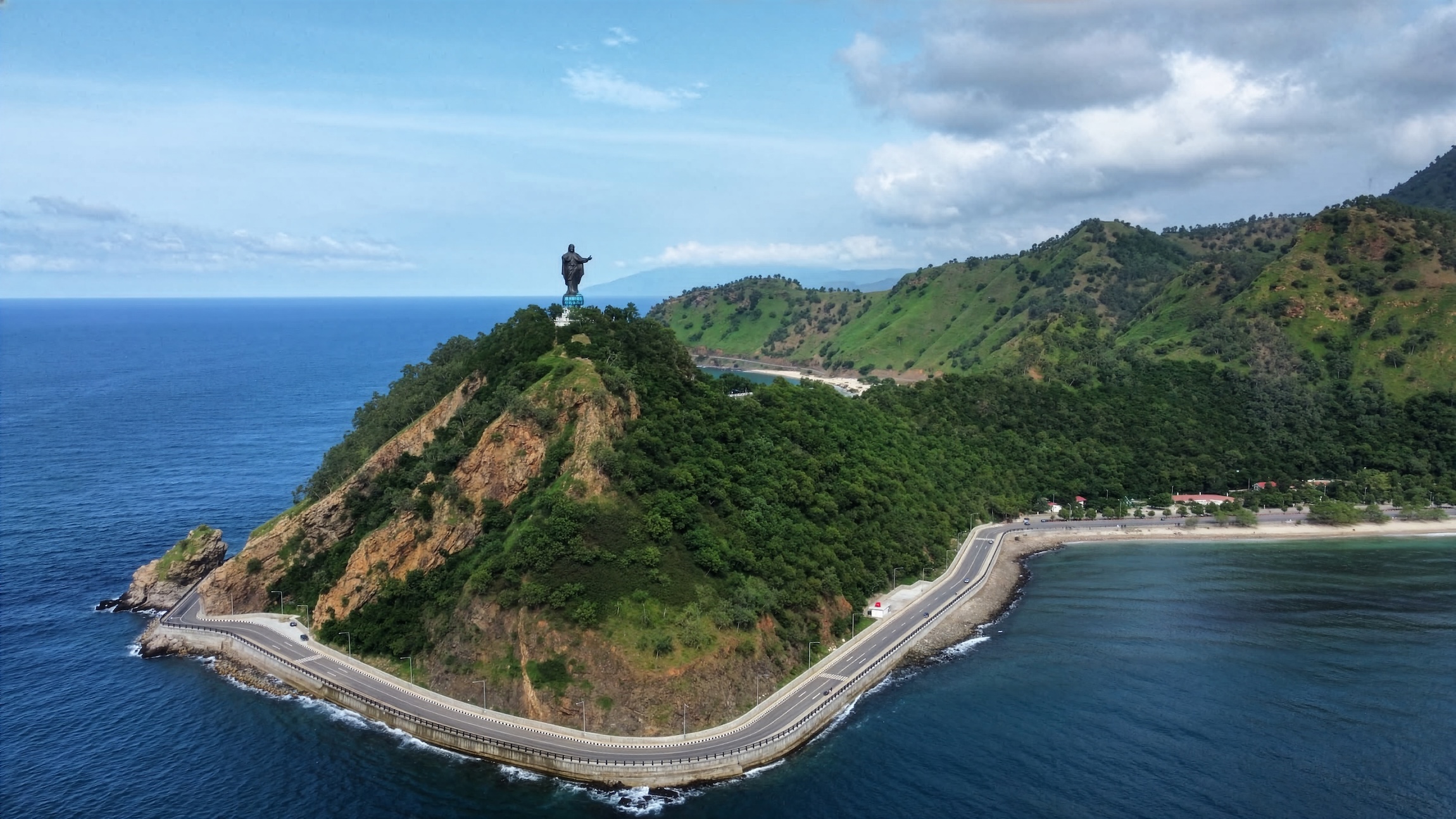



Four ASEAN countries are among the top 10 most affected by impacts of climate-related loss events from 1999 to 2018, according to The Global Climate Risk Index 2020. Climate change causes slow onset effects: sea-level rise, drought, food insecurity, and infectious diseases, and increased intensity of cyclones and floods.
Evidence also shows that these shocks take their toll on children, particularly girls, through harmful practices likechild marriage, gender-based violence, education disruption, and undernutrition. Plan International found that water scarcity and prevailing societal norms require girls and young women in North Central Timor, in Indonesia, and Northern Thailand to participate in agricultural labor and water collecting. These create a double burden for girls and often disrupt their education. Girls are more likely to drop out of schools than boys during and post-disasters.
The impacts of disasters are complex and intertwined with poverty, the current pandemic, conflicts, and differential access to resources. Plan International stands on its focus to protect girls’ rights by addressing the root causes of gender inequality and strengthening community resilience. Its safe school and child-centred climate change adaptation (4CA) programming and partnership work on several fronts to develop the capacity of children and the community to overcome shocks and stresses while fulfilling their human rights. The approach includes multi-risk education, the promotion of girls’ leadership, youth activism, green life skills, and accountable government policies.
In ASEAN and Beyond: Fostering Collaboration and Supporting Governments in their Safe School and Climate Change Policy Implementation
Plan International in Asia leads a consortium that supports the implementation of the ASEAN Safe Schools Initiative (ASSI) prioritised in the ASEAN Agreement on Disaster Management and Emergency Response Work Programme and the ASEAN Work Plan on Education 2016-20. It supports ASEAN Education and Disaster Management authorities to set up a regional cross-sectoral coordination committee, develop the ASEAN Common Framework on School Safety, and create a knowledge platform. At the national level, the consortium engages with governments through a coordinating platform in eight countries, including Indonesia’s National Secretariat for Safe Schools, Thailand School Safety Network, Disaster Management Secretariat in Cambodia, Disaster Risk Reduction and Management Service in the Philippines, for policy development and implementation of the safe school projects.

ASSI contributes to wider coalitions like the Asia Pacific Coalition for School Safety, the Global Alliance on Disaster Risk Reduction and Resilience in the Education Sector, Children in Changing Climate Coalition. In these networks, stakeholder groups exchange technical expertise and develop policy briefs to ensure that the aspirations of the youth—girls and boys—are incorporated in governments’ policies. One of the platforms used is a regular conference where decision-makers interact with the youth at national, regional, and global levels.
At its Core: Working with Girls and Boys to Reduce and Prevent Climate and Disaster Risks in Schools and Communities
In the flood- and tropical storm-prone Samar province in the Philippines, Plan International works with girls and boys to conduct the Student-led School Watching and Hazard Mapping (SWERT) programme, in accordance with Department of Education regulations to improve students’ level of awareness of the potential hazards of climate change and disaster risks, and how to address them. It includes life-saving capacity and gender-transformative approach training and provides equal opportunity for girls and boys to join SWERT. This initiative challenges the male-dominated sector of hazard mapping and promotes girls’ leadership in an emergency context. The youth also engage with their barangay or village councils and share activities in their schools that can be replicated by their respective barangay youth councils.
In the Lembata and North Central Timor regencies in Indonesia, the 4CA programme resulted in girls and boys leading these projects: installation of water dripping irrigation; rainwater harvesting; coastal greening’ water-based planting; seawater distillation; child-centred advocacy to allocate funds for village level-climate change action programming in Lembata; and integration of climate change action curriculum into formal and non-formal education.
For 4CA and safe school programming, Plan International has operated in seven countries in the Southeast Asia region (including Timor Leste), in partnership with donor agencies, authorities, local communities, and schools. It is anchored in educating girls, young women, and boys in most-at-risk communities,
strengthening their capacity and holding accountable the society and duty bearers. It promotes youth activism and advocates governments to adopt a gender and inclusive lens in their disaster risk reduction and climate change action policies and implementation.
Ways forward for a resilient region that is gender-transformative
Adhering to the ASEAN Socio-Cultural Community Blueprint, which envisions to move the region towards an inclusive and resilient community, Plan International recommends the following to be prioritised by the ASEAN Member States:
- Allocate funding to invest in girls’ and boys’ resilience in informing, influencing, leading, and monitoring decision-making on climate action and disaster risk reduction;
- Integrate disaster risk reduction and climate change action curriculum into the education system, supported by comprehensive data on different risks and ensure all data are collected and presented by sex, age and disability;
- As multiple risks affect the region, build multidimensional and multi-stakeholder alliances to avoid the escalation of harmful gender norms in times of crisis while ensuring the equitable and continuous access to essential services for girls and boys;
- In responding to the COVID-19 pandemic, encourage girls’ and young women’s meaningful participation in decision-making processes and recognise that outbreaks, quarantines, and isolation affect girls and boys, women and men differently.
Plan International is an independent development and humanitarian organisation that advances children’s rights and equality for girls. We strive for a just world, working together with children, young people, supporters and partners. Using our reach, experience and knowledge, we drive change in practice and policy at local, national and global levels. We are independent of governments, religions and political parties. For more than 80 years, we have been building powerful partnerships for children and are active in more than 75 countries.








